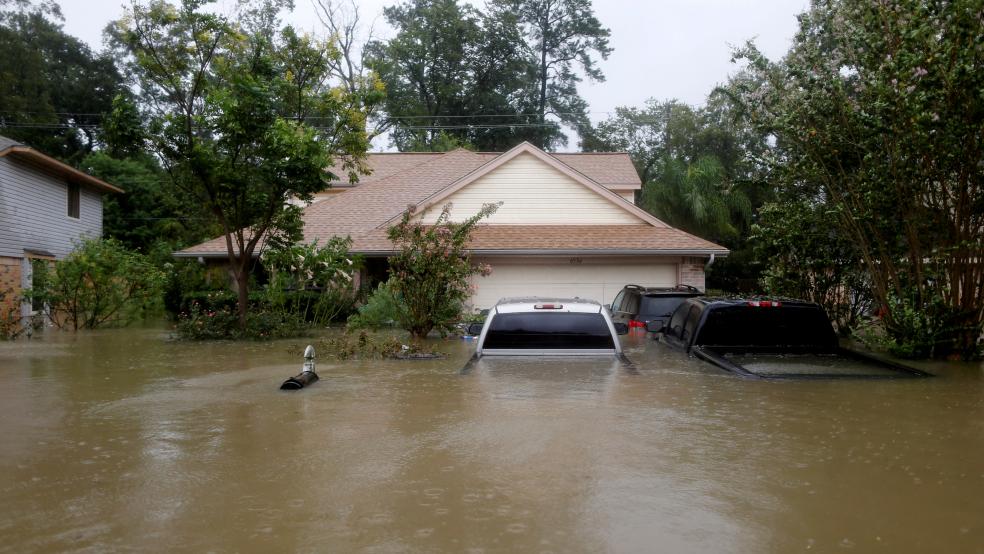Goldman Sachs said Hurricane Harvey will have significant political implications for Congress later this year.
The firm said the catastrophic storm would reduce the probability of a federal government shutdown to 35 percent, from its previous forecast of 50 percent just weeks ago. The firm cited the political risks from failing to fund Texas relief efforts.
"Recent events have lowered the odds of a government shutdown or a delayed debt ceiling hike but have also increased the number of possible scenarios, complicating the legislative outlook over the next couple of months," economist Alec Phillips wrote in a note to clients Tuesday.
"The main issue is Hurricane Harvey. Allowing a partial government shutdown when federal relief efforts are underway would pose greater political risks than under normal circumstances, raising the probability that lawmakers will find a way to resolve disagreements," he added.
Congress will take up two issues in September: raising the debt ceiling, which is the legislative limit on how much the government can borrow, and passing a spending bill. The U.S. Treasury has said Congress needs to raise the debt ceiling by Sept. 29. Failure to pass a spending bill could force a government shutdown.
Phillips explained the Federal Emergency Management Agency will soon require more funding for its Hurricane Harvey relief efforts.
"Congressional leaders are apt to combine this with legislation to extend federal spending authority and/or raise the debt limit if possible. If they do, a combined package would be more likely to pass and less likely to be vetoed, in our view," he wrote.
The economist did couch his new prediction, saying President Donald Trump could still force a shutdown over the border wall funding issue.
"That said, a shutdown or delayed debt ceiling hike is still clearly possible. The President continues to raise the possibility of a shutdown if the border wall is not funded, and the upcoming extension of spending authority is likely to be temporary, potentially pushing the risk of a shutdown later into the year," he wrote.
This article originally appeared at CNBC. Read more from CNBC:
Warren Buffett: Here's why I haven't been criticizing Donald Trump
Morgan Stanley: This next big technology trend could start the ‘fourth industrial revolution’




